Calorie content and composition of the oil
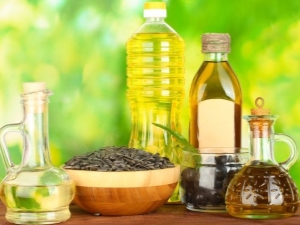
Oil in the kitchen is an indispensable product and one of the main ingredients in the preparation of many dishes. Each has its own calorie content and glycemic index, which both diabetics and people who monitor their own weight should be aware of.
Varieties
People, and especially women, have repeatedly wondered which oil is less nutritious and more beneficial for the body. Cream is obtained using cream in the production process. They, in turn, can be whole or fermented. If we talk specifically about dairy products, then the number of calories in the composition of butter is greater than in others. It is used both for frying and as one of the main ingredients in dough, sauces and other dishes.
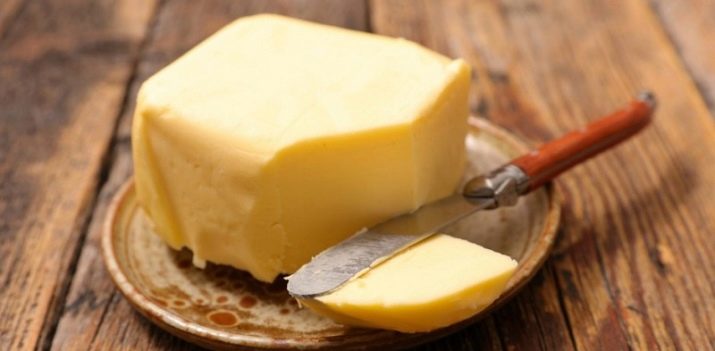
If we talk in more detail about palm oil, then it is obtained from the fruits that the palm gives, hence the name. Despite the huge number of negative reviews, it is edible and even has its benefits for the human body. Its chemical composition contains a lot of beta-carotene, which is why the palm product has a red-orange color. In cooking, it is actively used to create confectionery products, since it perfectly replaces other fats and does not spread. You can find the product in mayonnaise, cheese products, soup mixes, but you rarely see it in a bottle in the kitchen of a modern housewife.
Most often, sunflower oil is on the shelf, which is obtained by cold pressing from the seeds of a plant. This is a product familiar to us, actively used not only for frying, but also in the creation of cosmetics. In fact, these are triglycerides of acids. It is worth saying that vegetable oil is not always made from sunflower, such plants can be used:
- linen;
- rape;
- sesame;
- hemp;
- milk thistle;
- mustard;
- caraway.
You can also get a quality product from the fruits of the olive tree, grape seed or apricot, cherry. In medicine, sea buckthorn and even fir oil is known.
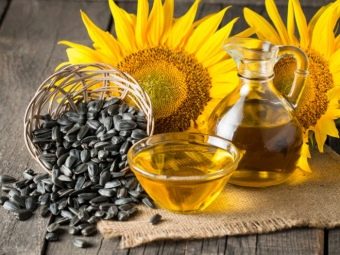
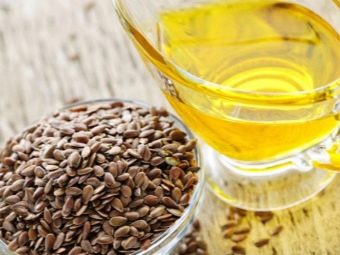
Benefit
Sunflower oil is useful in that it helps to reduce the risk of heart and vascular diseases. Its regular use can prevent heart attacks, arthritis, asthma. The active elements in the composition act as the main prevention in the fight against colon cancer. The high calorie content of butter from milk cream is due to the presence of fats in large quantities. It contains a very large amount of cholesterol, so it is harmful to use such a product in uncontrolled doses. Among the main advantages are:
- the presence of lauric acid, which is the main fighter against fungal infections;
- lecithin in the composition is important for the activation of metabolic processes;
- antioxidants are designed to protect the body from the negative effects of radicals that cause cell mutation and turn them into cancer cells;
- the oil contains a large amount of vitamin K and E;
- the oil is rich in mineral salts;
- linoleic acid is an excellent activator of the immune system;
- it is a source of vitamin D, which is necessary for the good absorption of calcium and its distribution throughout the body;
- people who regularly consume a creamy product do not suffer from soft tissue calcification.
Among other things, the chemical composition of the oil shows the presence of arachidonic acid, which is essential for the membranes of brain cells. Palm fruit oil contains a lot of vitamin A and other trace elements that are indispensable in the metabolic process. It is used as a remedy for high blood pressure, in addition, palm oil is able to cope with cyanide poisoning. Palm oil is used not only in cooking, but also in industry: they cook soap, make cosmetics, toothpaste, wax and ink.
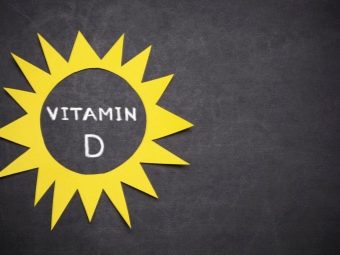

Calorie content and BJU according to the table
In butter made from milk cream, there are 670 kcal per hundred grams of the product. It contains three types of fats:
- saturated;
- polyunsaturated;
- monosaturated.
In addition, it contains 180 grams of cholesterol, there are such useful trace elements as vitamins, iron, potassium, thiamine. Carbohydrates are only 1.2 grams, and proteins are 0.85 g. Thus, it is easy to guess that butter is far from a dietary product, but it can give the necessary energy boost and saturate if eaten in the morning with a slice of bread, but in moderation.
Among oils, this is not the most high-calorie product, since sunflower pressing has a calorie content per hundred grams of 899 kcal, of which 99.9 g are fats. In terms of chemical composition, it also contains saturated and unsaturated acids, vitamins necessary for the body, and an element such as phosphorus.
Other plant foods, such as palm, rapeseed, flaxseed, hemp, and soy, demonstrate the same number of calories. In principle, their composition is similar to sunflower, there is phosphorus, vitamin E and acids.Olive oil has a slightly lower indicator, it is 898 kcal, where 99.8 are fats. There is iron, phosphorus, vitamin E and acids. The mustard product has the same number of calories, but it contains vitamin A and beta-carotene.
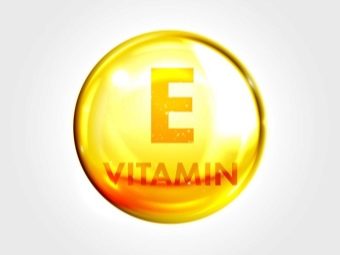
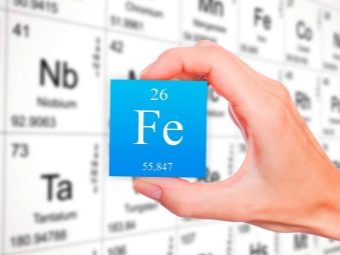
Tablespoon calories
To know how many calories are not in one hundred grams, but in a tablespoon of oil, you first need to find out how much it is in grams. The volume of a metal spoon can vary from 12 to 17 g, respectively, in such a volume of oil calories from 108 to 153. If you take a teaspoon as a measure, then about 5 g of the product is placed in it, respectively, this is approximately 45 kcal of sunflower oil.
Hazelnut Oil – 1 tablespoon contains 120 calories but is usually hard to find on store shelves. In almond 1 tbsp. l. 120 calories, despite being 100% fat, it is considered one of the "healthy oils". It may help raise protective HDL cholesterol levels. Avocado Oil - 1 tablespoon 124 calories, but most of the fats are monounsaturated, which help control high cholesterol levels.
Canola oil – 124 calories per tablespoon Coconut, with the same amount of 120 kcal, contains a lot of saturated fat, so its use can increase the level of cholesterol in the body, thereby increasing the risk of heart disease. Corn oil - 1 tablespoon contains 120 calories, it is a rich source of polyunsaturated fatty acids, helps to reduce total blood cholesterol levels.
Cottonseed oil - for the same amount of 120 calories and a good dose of vitamin E, which acts as an antioxidant. Grape seed oil - the same number of calories, mostly polyunsaturated fats.Peanut butter has 119 calories per tablespoon with high levels of monounsaturated and polyunsaturated fats. Sesame oil, soybean oil, walnut oil - 1 tablespoon contains 120 calories.
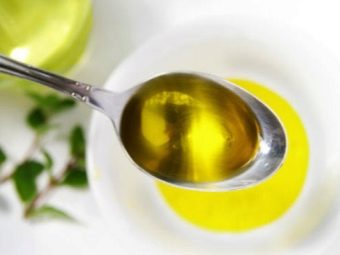
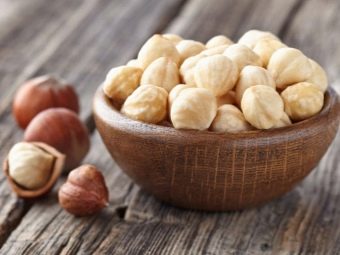
What is the most useful product?
The most useful is olive oil, which must be unrefined and cold pressed. It contains a large amount of antioxidants that help the body fight cancer cells, as well as unsaturated fatty acids. Its use allows you to reduce the feeling of hunger, and the active substances in the composition stimulate the metabolism. Oils from:
- nuts;
- flax;
- saffron milk caps;
- sesame;
- soybeans.
All these products contain many vitamins and other useful substances. As for the benefits of the palm product, the debate on this topic does not subside and scientists are still divided into two camps. Some argue that it is necessary to use it, others advise that this product be completely excluded from the menu.
Food products with it in the composition are cheap, but not always healthy. In terms of chemical composition, it is practically the only analogue of animal fat. Despite the huge content of acids and vitamins in it, it is poorly absorbed, so over time it simply accumulates in the body, causing irreversible consequences. The thing is that the melting point of the palm product is much higher than that of the human body, so it envelops the intestines and interferes with normal digestion.
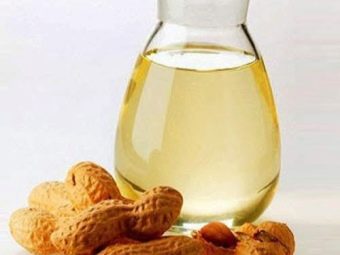
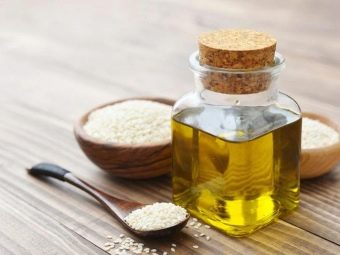
During the diet
Due to the high calorie content, nutritionists often advise to completely exclude oil from the diet and replace it with plain yogurt or sour cream. From the point of view of medicine, oil is necessary for the body, since some processes cannot proceed normally without fats.Therefore, it is necessary to reduce the consumption of oil to a minimum, but not to exclude it from the diet.
You need to remove margarine and other refractory fats, and leave fish and vegetable oils. They not only contain the necessary vitamins, acids and trace elements, but such oils also help a person lose weight, as they improve metabolism and remove toxins, toxins and excess sugar, which is important for diabetics. Butter has a glycemic index of 51.
The best low-calorie product is squeezed olives.
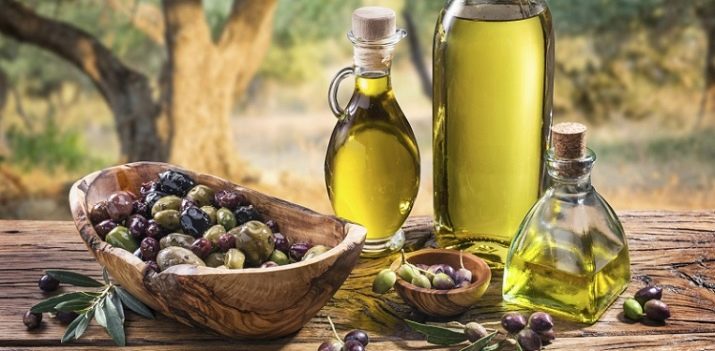
For information on which vegetable oil is the most useful, see the following video.

















